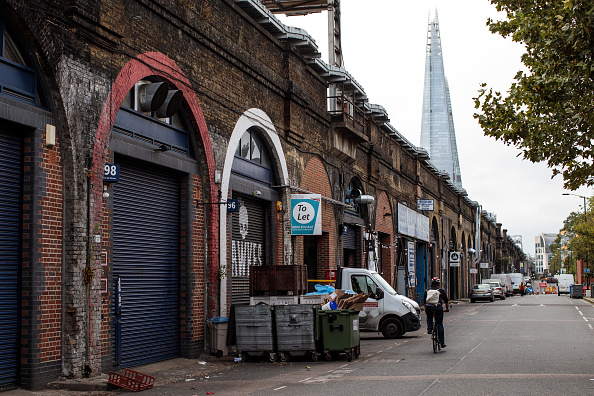Households hunker down finances as they brace for worsening cost of living crunch

Households are hunkering down their finances in preparation for the cost of living crunch to tighten, reveals official data published today.
Brits cut back on spending last month and channeled money into their savings accounts to offset a future deterioration in their budgets caused by soaring inflation.
Households added £7.8bn to their savings accounts last month, up sharply from December’s £2.7bn addition, according to figures from the Bank of England.
The uptick in savingS and rotation away from spending indicates households are becoming more cautious about committing to purchases.
Consumers “were cautious in January,” Samuel Tombs, chief UK economist at Pantheon Macroeconomics, said, adding that last month’s savings top up has swelled the total amount of money put in savings accounts since the onset of the pandemic has climbed to £186.6bn.
Greater consumer caution poses serious headwinds for UK economic growth this year.
Britain relies on consumer spending to generate around 60 per cent of its economic output.
Worryingly, the Bank’s figures could be a sign of things to come as the cost of living squeeze intensifies.
A looming 1.25 percentage point national insurance hike, a 54 per cent uplift to the energy price cap and a potential 7.25 per cent inflation peak are likely to hit in April.
“The intensifying squeeze on household finances is likely to present a more serious impediment to the economy, and the situation is likely to worsen in the short-term, with further rises in food, petrol and energy prices looking likely,” Martin Beck, chief economic advisor to the EY Item Club, warned.
Households are also unlikely to have ramped up savings contributions as a result of the Bank lifting interest rates to 0.5 per cent due to many high street lenders not passing on the increase in rates in full.
Inflation, which hit a near 30 year high of 5.5 per cent last month, is eroding the value of savings due to the interest offered on accounts lagging far behind the rate of price rises.